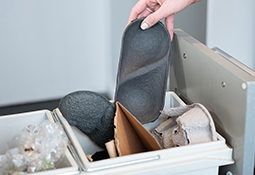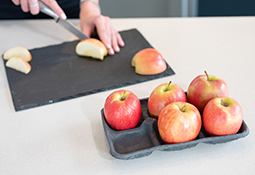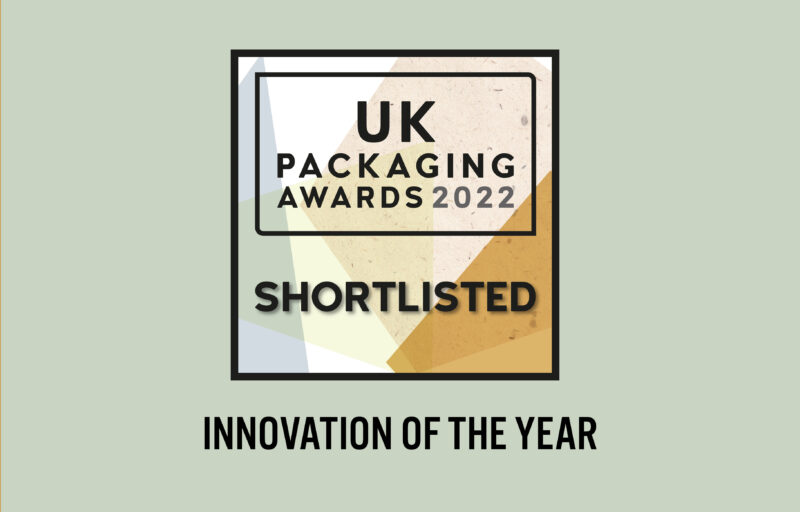
Sustainable Living – Making A Difference Every Day
The scale and urgency of the climate crisis is widely known. In response, the UK has set a target of achieving net-zero carbon emissions by 2050, ahead of hosting COP26 later this year. While the need for change is clear, many will be asking “what can I do?”.
It can be tricky to wade through the headlines, greenwashing and marketing slogans to find ways to make a real difference. Add this to the public health and political issues we all currently face and it can become overwhelming. However, living sustainability is a lot simpler than it seems.
Here are our top 5 ways to make a big difference to the environment with small changes to your daily life.
GET ON YOUR BIKE
Or your feet if you’re not a two-wheel fan. Life can be busy so ditching the car may not seem like an easy sustainable swap but choosing to make a few self-motored short journeys throughout your week will make an impact.
In the UK, the transport sector is now responsible for emitting more greenhouse gas emissions than any other and “road vehicles – cars, trucks, buses and motorbikes – account for nearly three-quarters of the greenhouse gas emissions that come from transport”. Not only will 180g of CO21 be saved every kilometre walked or cycled rather than driven, the health and wellbeing benefits mean a win for both you and the environment.
BE PICKY ABOUT PACKAGING
Swapping brands or products to ones with more sustainable packaging where you can is a quick, easy and important change. Single use plastic can be swerved completely by choosing a paper based or refillable system alternative. Opting for products with packaging that is easily recyclable and/or has a high recycled content will also keep down environmental damage. Plastics use high amounts of fossil fuels in production and, in addition, virgin, hard to recycle and single-use plastics also end up in waste streams – as landfill or litter – which damage wildlife and pollute waterways. Choosing your products with a careful eye on packaging will also increase the market demand which means manufacturers will pay attention and provide more and more eco-friendly alternatives.
MAKE PURPOSEFUL PURCHASES
Do you often pick up new clothes that you don’t really need? Fashion production comprises 10% of total global carbon emissions. It dries up water sources and pollutes rivers and streams. Moreover, 85% of textiles go to dumps each year. While people bought 60% more garments in 2014 than in 2000, they only kept the clothes half as long2. This trend for fast, disposable fashion also brings problems from within its supply chain. With low cost being the main driver, poor labour conditions are common in the production of fast fashion including low wages, unsafe working conditions and child labour. Pulling back on impulse clothing purchases, choosing preloved items or repairing items rather than binning them are all easy ways to minimise the impact on the environment as well as on your wallet.
SHORTEN YOUR SHOWER
For a long time, the general consensus was that having a shower instead of a bath used less water and therefore was better for the environment. While that is true in certain circumstances, the widespread use of power showers means the reverse can in fact be the truth. A bath uses 80L of water on average while a ten minute power shower can use up to 150L!3 Water demand will rise as global warming progresses and many parts of the UK will face significant water deficits by 20504.
To keep an eye on your water waste keep your shower to four minutes and under. Pick a favourite song to sing to mark the time! If you prefer a bath, think of using some of the remaining ‘greywater’ for watering plants.
KEEPING IT CLEAN
One of the easiest places to start is with your laundry detergent. Capsules and pods leech bio-plastics into our waterways, liquid detergent uses a lot more water and both are most often packaged in hard-to-recycle plastic. Choose a washing powder for the least impactful way to wash your clothes. Powders are lower in surfactants and phosphates which are harmful to aquatic life. Make sure and pick one in recycled and/or recyclable packaging like cardboard to double up on the difference!
Mindful choices in our daily lives can make a real contribution to a sustainable future. Together, we can make sure the global effort against the climate crisis is successful.
1 https://www.bbc.com/future/article/20200317-climate-change-cut-carbon-emissions-from-your-commute
2 https://www.businessinsider.com/fast-fashion-environmental-impact-pollution-emissions-waste-water-2019-10?r=US&IR=T
3 https://www.waterwise.org.uk/save-water/
4 https://www.waterwise.org.uk/knowledge-base/escaping-the-jaws-of-death-ensuring-enough-water-in-2050/








